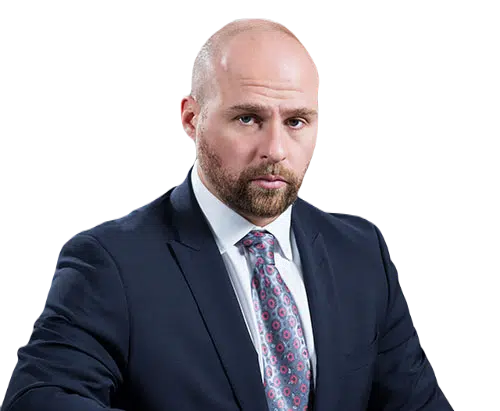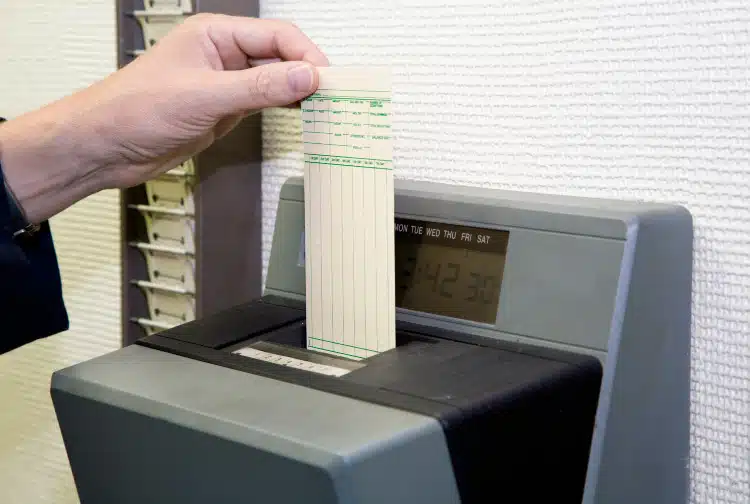
You work hard for your paycheck. If at the end of your pay period you find that your employer isn't paying you what your owed, especially when it comes to overtime, you have the right to file a claim.
The Fair Labor Standards Act (FLSA) guarantees a minimum wage and protects you from unfair wages such as not being adequately compensated for overtime. However, proving that you are owed back pay can be a complicated legal procedure.
Is your employer claiming you are exempt from overtime pay? Let our experienced workers' comp law firm help you fight for justice and your deserved compensation. Contact us now for a free case consultation.
Are you getting paid fairly for the work you do? Every day, unscrupulous managers and business owners defraud millions of hard-working Americans. Although wage and hour laws protect your earnings, millions of dollars are stolen every year from workers because of wage and hour violations.
It is possible to fight back. Having your wages stolen is a serious offense. You have strong legal rights. State and federal laws protect your right to a fair day's pay.
When you have been harmed by a wage and hour violation, these laws allow you to recover back wages and financial compensation. When your employer cheats you, you might be able to sue for damages.

The law prohibits wage and hour violations, whether they are accidental or intentional. United States wage and hour laws are governed by the Fair Labor Standards Act. In addition to ensuring a minimum wage of $7.25 per hour, the Fair Labor Standards Act, or FLSA, guarantees the vast majority of American workers their basic rights and needs. Every American worker is entitled to receive no less than $7.25 for each hour of work with few exceptions.
Additionally, the Fair Labor Standards Act also governs overtime wages which should be 1.5x the regular wage rate. Every hour worked over 40 must be compensated as overtime, though this calculation is done on a weekly, not daily, basis.
Labor law violations can result in a fine or imprisonment for employers. You have the right to sue on your own behalf for the money you are owed under the Fair Labor Standards Act. Most of the time, workers can only recoup wages owed them by filing a lawsuit.
The FLSA prohibits forcing employees to work unpaid overtime, though this provision is often violated. Employees who agree to work extra hours are often not paid overtime, but under the FLSA this is never allowed.
Restaurant servers are frequently required to work "off the clock" to finish cleaning the premises before they leave at closing time. Especially egregious is the practice of servers being forced to completes tasks that are directly related to their job duties, such as cleaning up, even after they have clocked out and their shift is over.
In short - Employees are entitled to be paid for all time worked by their employers. Any disagreement about whether this time was spent working or not should be resolved by the courts.
If you are claiming unpaid wages or unpaid overtime, you are not required to retain an attorney. A seasoned lawyer, however, is familiar with the civil justice system and will be able to utilize such knowledge to your advantage. Moreover, having an experienced unpaid overtime attorney by your side makes it clear that your intention is to fight until you are awarded any back pay that you are owed.
A lawyer for unpaid wages should be contacted as soon as possible if you discover any non-compliance. In the event of a delay in legal action, it may be more difficult for you to recover damages or protect your FLSA rights. Unpaid wage attorneys can quickly assess your case and get you started on recovering unpaid wages by speaking with you as soon as possible.
In New Jersey, you have 6 years from the date of the infraction to bring forth an unpaid wages claim. However, the sooner you file a claim the better as critical evidence necessary for your case may be lost with time. This can doom an unpaid overtime claim to failure even before it gets started.
Are you still doubting whether your employer has been paying you adequately? Do you know concretely whether you are exempt from overtime wages or not? Get in touch with our team now to learn more about your status and whether you are eligible to file an unpaid wages claim or lawsuit.
Consultations are 100% free and confidential.